Prez Bhandari didn’t authenticate the citizenship bill. What happens now?
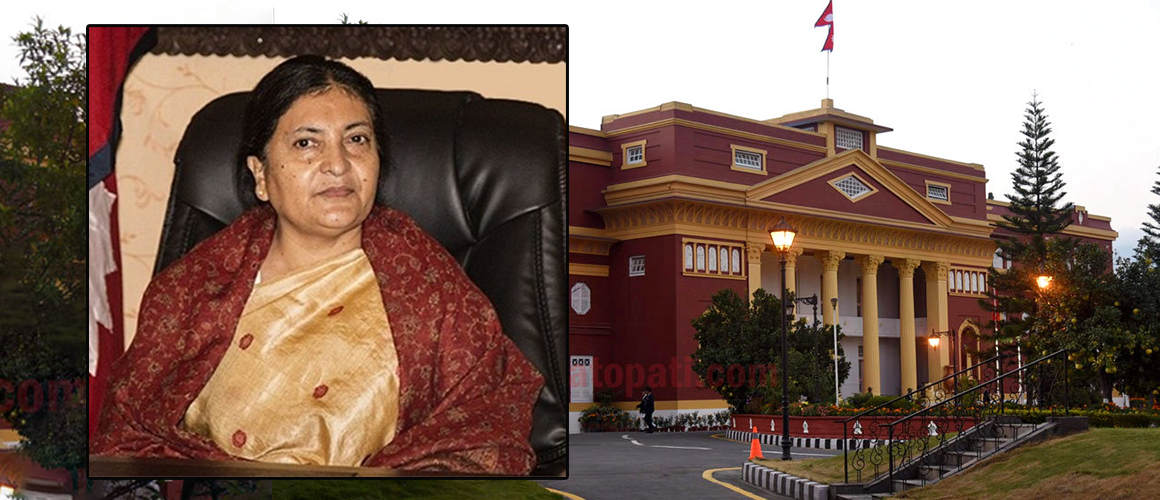
KATHMANDU, Sept 21: President Bidhya Devi Bhandari did not authenticate the citizenship bill that was passed twice by both the lower and upper house of parliament.
As per the constitution of Nepal, the President is obliged to authenticate the bill passed by the lower and upper house within15 days.
Speaker of the lower house Agni Prasad Sapkota had sent the bill to the President's office on September 5 for the authentication and President Bidya Devi Bhandari must have authenticated the bill by September 20.
Earlier, the parliament had sent the bill for authentication but President Bhandari returned the bill demanding review. On its part, the lower and upper house once again passed the bill without making any changes and sent it for authentication.
As per Article 113(2) of the Constitution of Nepal, A Bill presented to the President for his or her authentication in accordance with this Article shall be authenticated within fifteen days, and both Houses shall be informed thereof as soon as possible.
Likewise as per Article 113(3), In case the President is of the opinion that any Bill, except a Money Bill, presented for authentication needs reconsideration, he or she may, within fifty days from the date of submission of such Bill, send back the Bill along with his or her message to the House in which the Bill originated and as per article 113(4), In case any Bill is sent back along with a message by the President, and both Houses reconsider and adopt such Bill as it was or with amendments and present it again, the President shall authenticate that Bill within fifteen days of such presentation.
By not authenticating the bill presented by the lower and upper house, President Bhandari has challenged the Constitution. With the end of tenure of the House of Representatives, lawmakers cannot register an impeachment motion against the President.



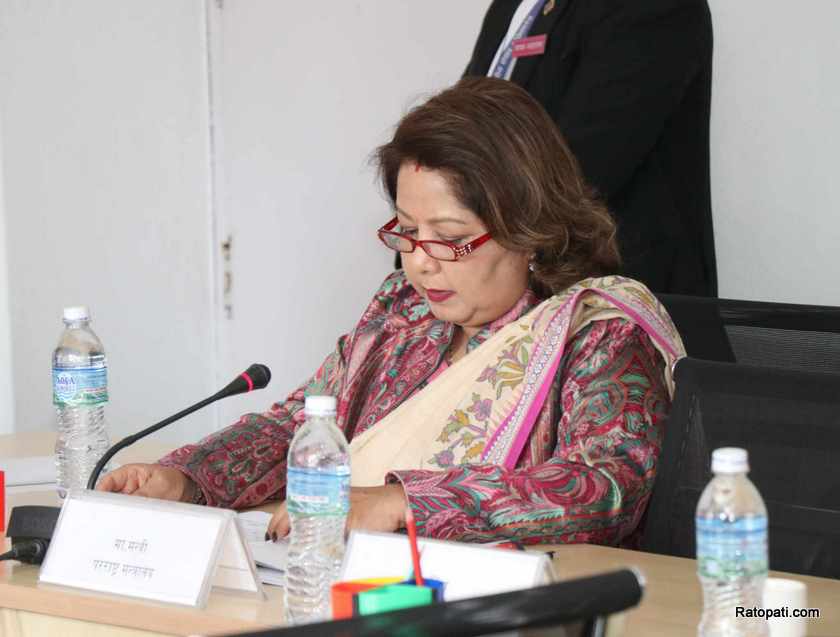


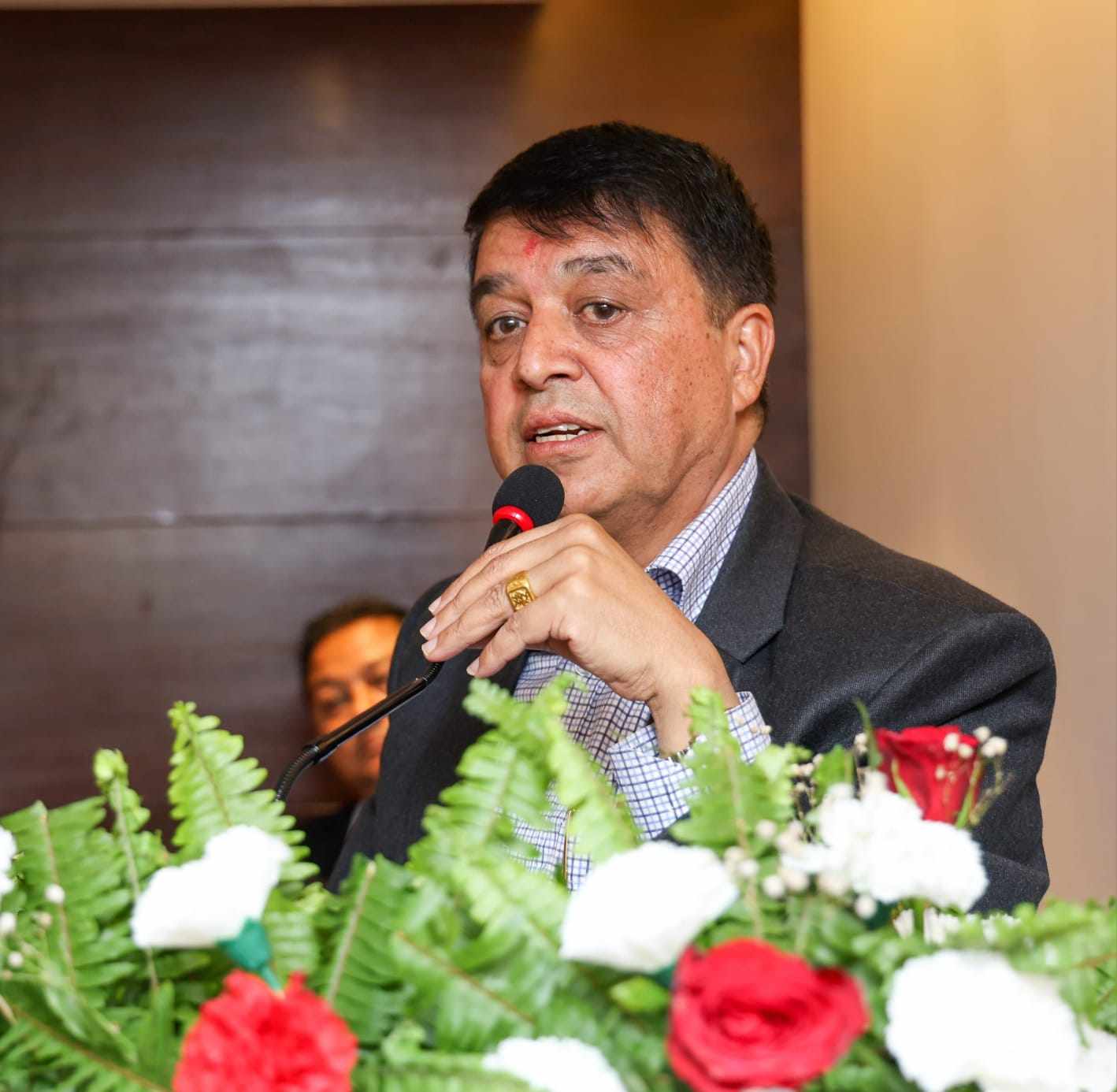
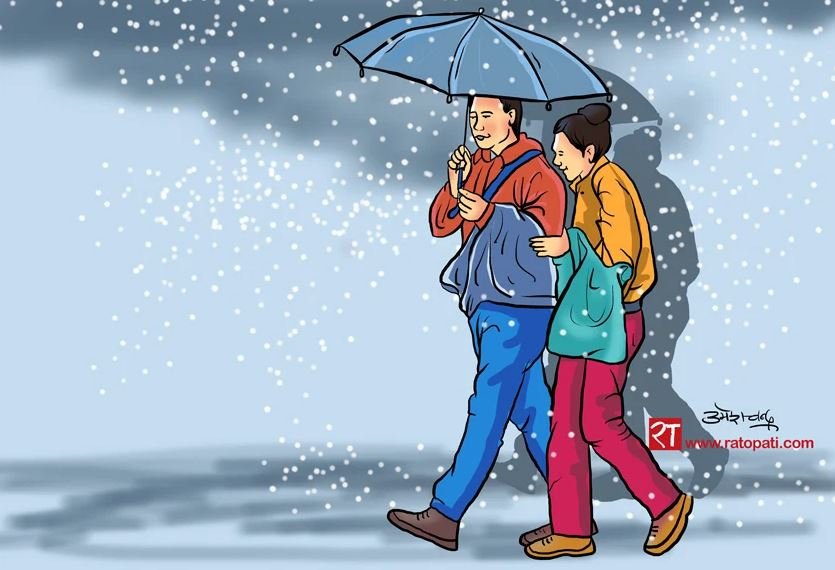

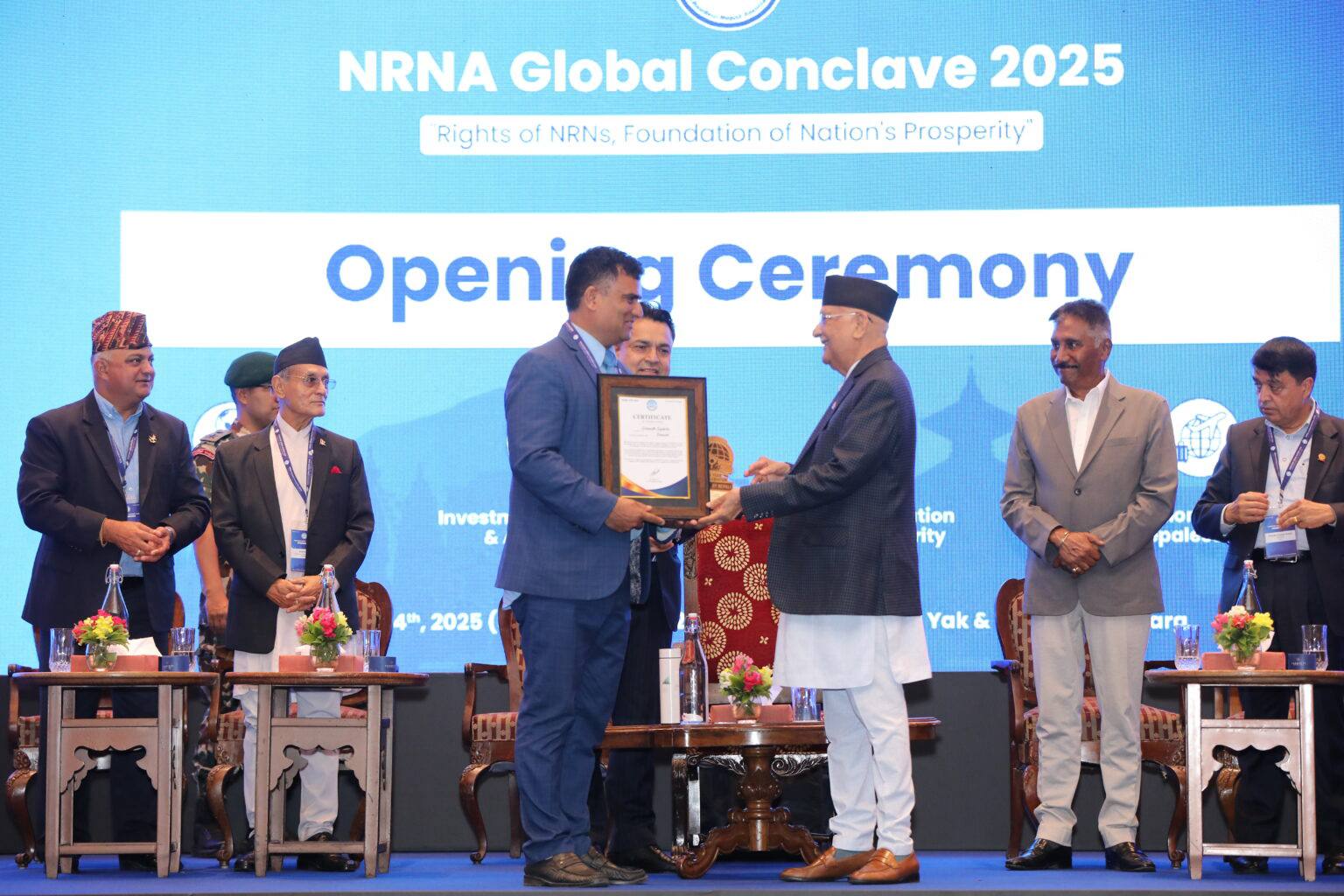
Leave Comment